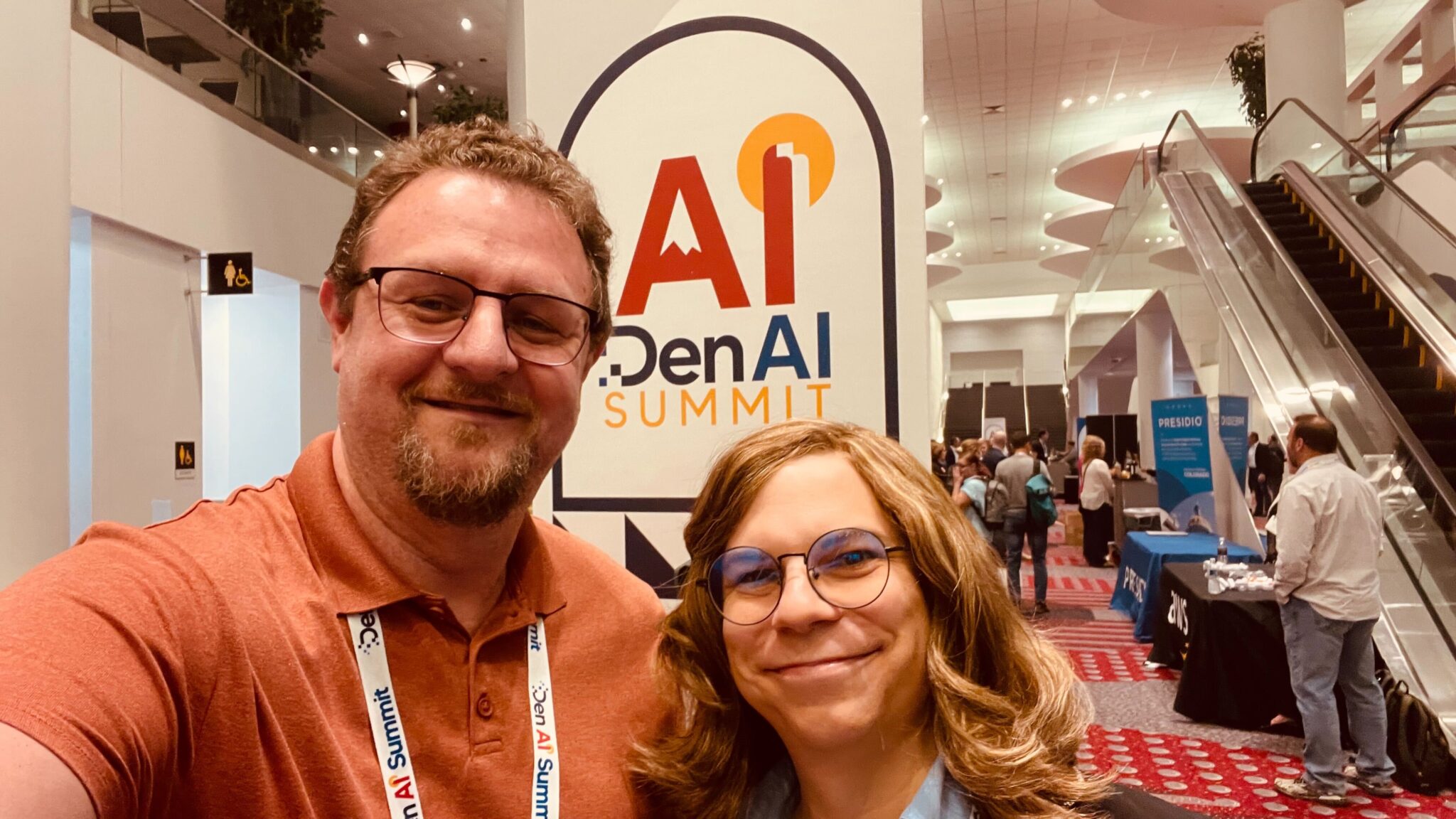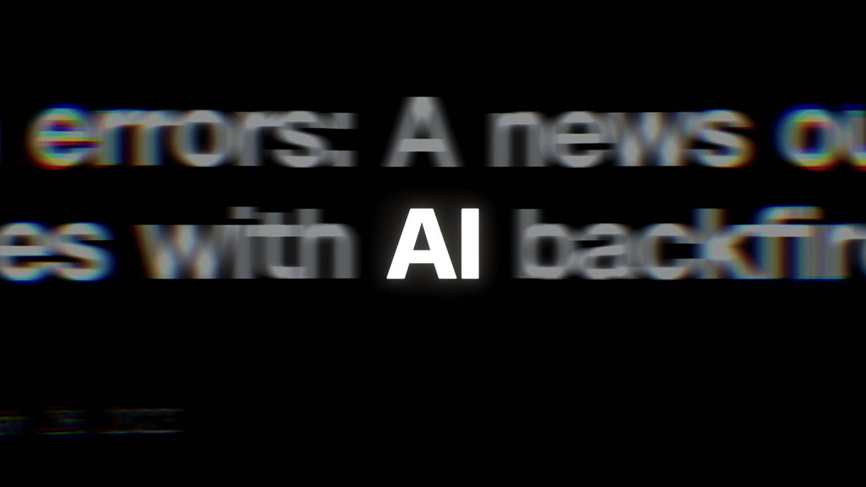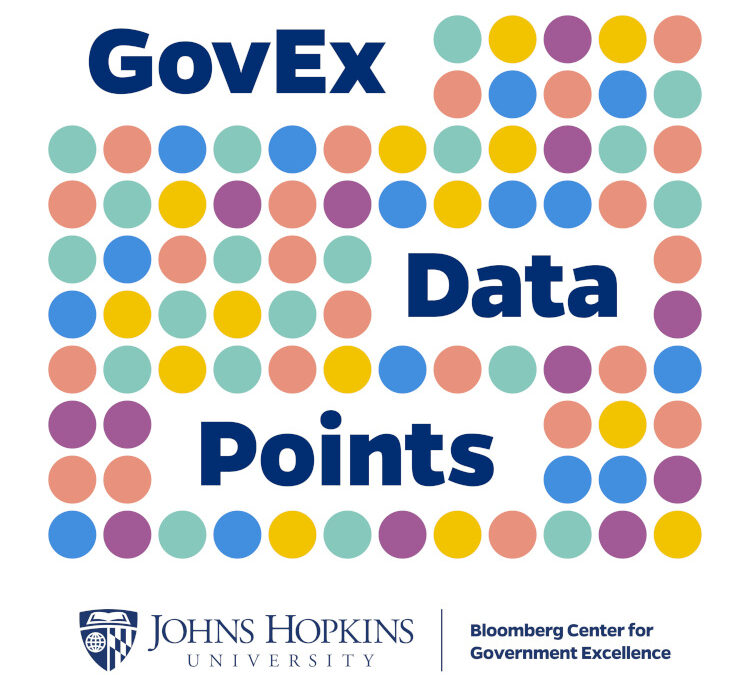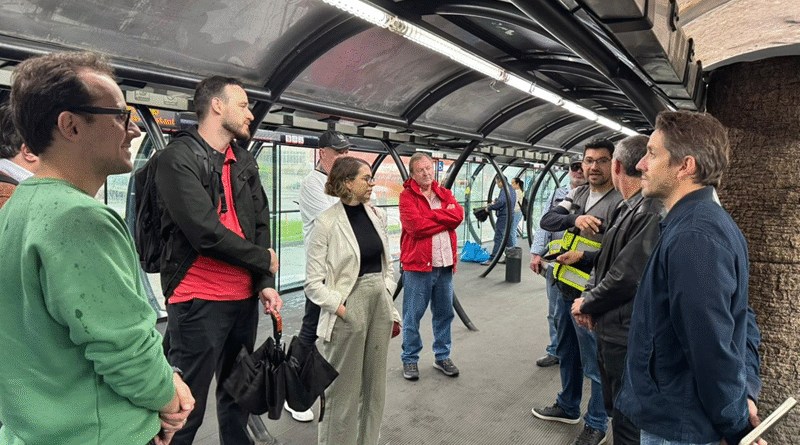
By Maeve Mulholland, Andrew Nicklin, and ChatGPT 4o
The DenAI summit, organized by the City and County of Denver in collaboration with the Colorado Technology Association, Slalom, and Visit Denver, drew around 1,000 attendees from the tech world. The day-long event was packed with panels, discussions, cutting-edge AI demos, and boxed lunches, attracting a private-sector-heavy audience alongside some government officials. Denver Mayor Mike Johnston attended the full event, engaging with vendors and participating in key conversations on the future of AI in Denver and beyond.
🤖🏛️ A Push for AI- and Innovation-Friendly Regulation?
Colorado Governor Jared Polis sparked a conversation on AI regulation, highlighting an ambitious collaboration with Google aimed at discovering 1,500 generative AI use cases in state government. Neither the governor nor Google representatives offered specifics of this partnership, but the governor’s enthusiasm for what he calls “the nation’s best pro-innovation laws” was clear. However, the discussion on SB207, Colorado’s recently enacted law designed to prevent algorithmic discrimination, added a layer of complexity. While this law aims to enforce “reasonable care” in AI use, some in the private sector raised concerns about it potentially stifling innovation, as seen with similar debates unfolding in California.
👥💬 Private Sector Voices: Optimism With a Dash of Skepticism
Industry heavyweights like LinkedIn Co-Founder Reid Hoffman offered metaphors, comparing AI’s adoption to the early days of automobiles—chaotic at first but gradually safer and more efficient. We question the wisdom of this parallel, however – cars have caused many deaths, divisions of neighborhoods and cities, and are a key factor in the unchecked sprawl of American suburbia. Others predicted that AI will soon disappear from marketing materials, as the technology becomes so ubiquitous people won’t even notice it. Google’s Amina Al Sherif echoed a similar sentiment, noting that Gen Z fully expects AI to permeate every aspect of their lives. Meanwhile, discussions on AI’s equity issues were notably absent from most tech company rhetoric, a point some attendees (including us) found troubling.
🏋️♀️💪 GenAI Use Cases in Action
DenAI didn’t just talk about the future of AI—it showcased it. The event featured various companies that have built AI-driven prototypes, demonstrating the growing integration of AI into public services and everyday life. CivCheck, for instance, caught our attention with its efforts to support both permit applicants and government reviewers with AI tools. CivCheck aims to reduce time-to-approval and streamline the often-cumbersome permit application process, utilizing automation to process, for example, engineering calculations.
For procurement, Hazel stood out with a platform for local governments, designed to automate aspects of drafting RFPs while supporting North American Industry Classification System (NAICS) coding and vendor discovery. They championed their technology as a potential game-changer for government procurement groups facing staff shortages and significant workloads. Legislaide, on the other hand, focused on legislative support, enabling legislators to sift through historical records and draft new legislation with AI assistance—an exciting proposition for overwhelmed city councils and legal teams.
Perhaps the most impactful insights were from Aurora, CO’s school district. They brought an educational focus to the event, presenting several AI use cases that support classroom learning. Magic School, for instance, helps educators manage their workload by assisting with lesson planning and informative student evaluation, while Microsoft Translator aids communication with students and families who speak different languages. These tools showcased how AI improves both student outcomes and teacher efficiency, especially in diverse, multilingual environments.
Virta Health brought the conversation into healthcare, demonstrating how AI can assist in virtual medical clinics. Their AI-backed platform is designed to help manage chronic health conditions, providing personalized care and real-time feedback for patients with diabetes. This level of automation could transform patient-doctor interactions, offering more immediate, accessible care without overburdening medical professionals.
Representatives from a few other companies such as Fulfilld (warehouse management) and PadSplit (home sharing) also made government-oriented product pitches.
⚡🌱 Energy, and Infrastructure: AI’s Expanding Reach
On the panel focused on AI for sustainability, innovators like Emily McAteer from Odyssey Energy Solutions and Michael Bennett from Powin Energy emphasized the potential for AI to optimize energy distribution and storage. AI’s ability to anticipate grid performance and diagnose problems remotely was lauded as a major breakthrough for the clean energy sector.
The technology demands of new AI platforms were not overlooked, with industry representatives reporting an explosive demand for data centers and energy supply. (We plan to talk about the environmental impacts of AI in a future post.)
🌎⏩ Looking Forward: AI as Both Empowerment and Challenge
As DenAI wrapped up, the overarching theme was clear: AI’s integration into daily life is both inevitable and fraught with challenges. Conversations ranged from the need for transparency and ethical guidelines to the societal impact of AI on jobs and privacy. While the tech and public sectors appear to be in sync on fostering AI growth, the path forward involves balancing innovation with the potential risks—something both Colorado lawmakers and private sector leaders are keen to address in their own ways.
Maeve Mulholland is a Data Scientist on GovEx’s Research and Analytics team and Andrew Nicklin is GovEx’s Senior Research Data Manager.



